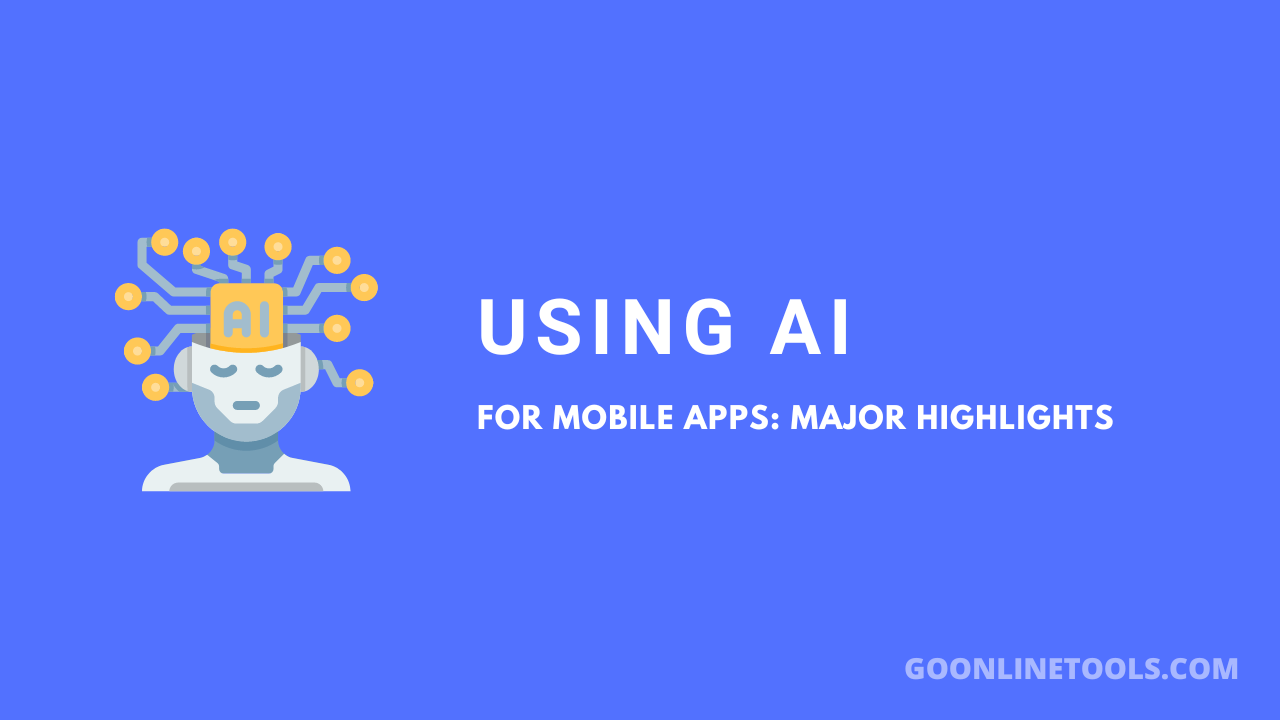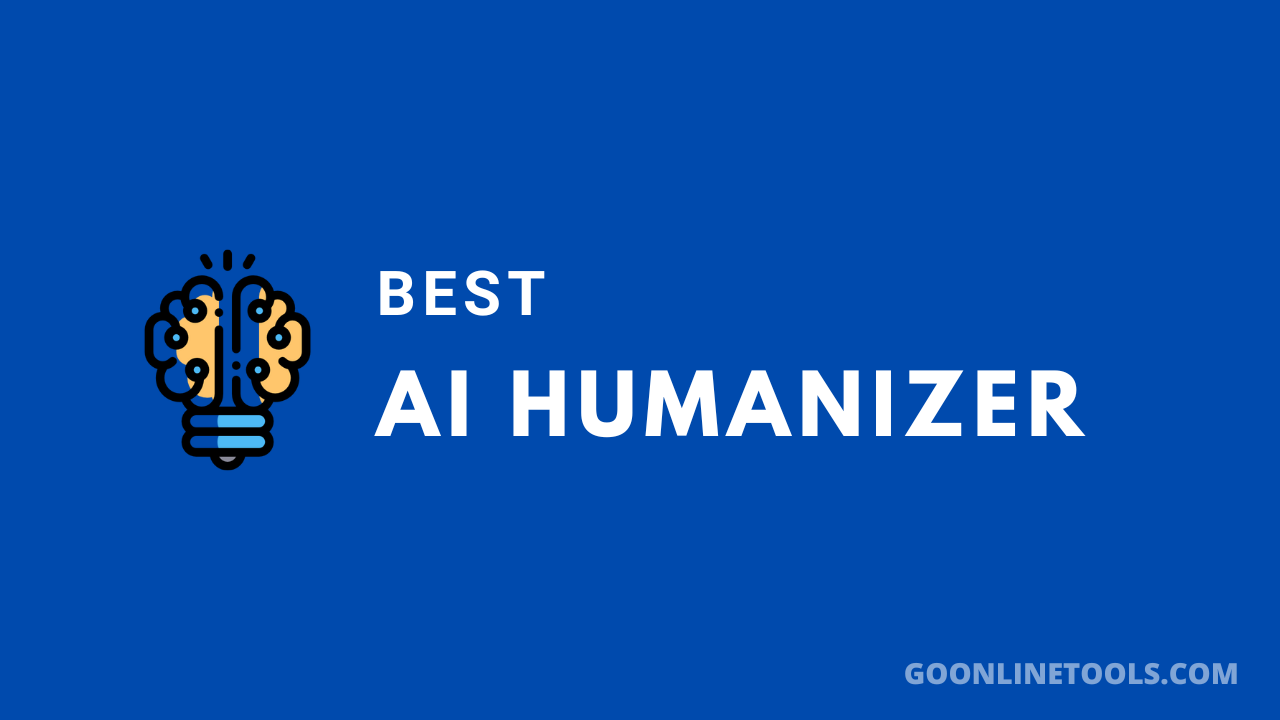
Ever wondered why your smartwatch buzzes with a nudge to move or why your app predicts a migraine before you feel it? Welcome to 2025, where AI is quietly revolutionising healthcare and wellness, turning your phone into a personal health guru. This isn’t sci-fi hype – it’s real, with AI analysing data from wearables, apps, and even your voice to improve lives. A 2024 Global Health Policy Review pegs the AI healthcare market at $164 billion by 2030, a figure that’s got policymakers and innovators buzzing.
The shift goes beyond gadgets. AI monitors heart rates, sleep patterns, and stress, offering insights that prevent crises. For example, the municorn fasting app leverages AI to analyze fasting cycles, providing data that enhances energy and focus for users. This tech promises a healthier world, yet it raises big questions: Who controls your data? How do we regulate it? Let’s unpack this revolution and its messy, exciting implications.
The Mechanics of AI Health Monitoring
AI monitoring is the backbone of this revolution. Picture your body as a live dashboard – AI tracks heart rate, sleep cycles, and stress levels via wearables or apps, alerting you to anomalies before they escalate. A 2024 WHO Health Tech Report found that AI monitoring cut emergency visits by 20% for chronic disease patients. It’s like having a doctor on speed dial, minus the waiting room.
Real-world wins? A Tokyo clinic used AI wearables to monitor elderly patients, reducing falls by 15%. Another example: a Kenyan startup deployed AI sensors in rural areas, improving maternal health outcomes by 25%. This tech isn’t just for the wealthy – it’s democratizing care. But with great power comes great scrutiny: who’s watching the watchers when your health data streams 24/7?
AI Analysis: The Brain Behind the Boom
Monitoring feeds into AI analysis, where the real magic – or mischief – happens. AI sifts through mountains of data, spotting patterns humans miss, like early cancer markers or mental health dips. A 2023 Nature Medicine study showed AI detected breast cancer 30% faster than radiologists. It’s like a super-sleuth, connecting dots from your diet to your mood.
Take diabetes: AI apps analyze blood sugar trends, suggesting tweaks that prevent crashes. A Swedish hospital tested this, cutting complications by 18%. Or consider mental wellness – AI voice analysis flags anxiety shifts, offering coping strategies. A 2025 Mental Health Policy Brief noted a 22% drop in crisis calls where AI intervened early. This precision is transformative, yet it sparks debates: can AI be trusted with life-or-death calls, and who sets the rules?
Policy and Ethics: The Tightrope Walk
Here’s where techpolicy.press digs in. AI’s health revolution isn’t all rosy – privacy and ethics are the elephants in the room. A 2024 EU Data Protection Report warned that 60% of health apps risk data breaches without strict oversight. Who owns your heart rate data? Your insurer? Your government? The municorn fasting app, while innovative, highlights this tension by analyzing personal habits – a goldmine for marketers or a nightmare for privacy hawks.
Regulators are scrambling. The US proposed AI health guidelines in May 2025, aiming to balance innovation with consent. Meanwhile, the EU’s AI Act tightens rules on health data use. A Berlin startup faced fines for non-compliance, losing $1M in trust. The challenge? Crafting policies that foster growth without turning health tech into a surveillance tool. It’s a tightrope, and 2025 will test the balance.
7 Impacts of AI on Health and Society
AI’s reach goes beyond clinics. Here are seven ways it’s reshaping health and sparking policy debates:
- Early Detection: Spots diseases like cancer or diabetes before symptoms.
- Personalized Care: Tailors treatments using genetic and lifestyle data.
- Mental Health Support: Analyzes speech or texts for timely interventions.
- Access Expansion: Brings care to remote areas via AI tools.
- Cost Reduction: Lowers expenses with predictive analytics.
- Privacy Risks: Raises concerns over data misuse and consent.
- Regulatory Push: Drives new laws to govern AI health tech.
A Mumbai initiative used AI to monitor rural health, cutting mortality rates by 12%. Yet, a US study found 45% of people worry about data privacy in these systems. This duality – progress versus peril – defines the AI health narrative.
The Road Ahead: Opportunities and Pitfalls
The future is bright but bumpy. AI could integrate with doctors for real-time advice, like a co-pilot in surgery. A 2025 Tech Policy Forecast predicts AI health tools will save $100 billion annually by 2030. Startups in India and Brazil are already linking AI with telemedicine, serving millions.
But pitfalls loom. Bias in AI models – trained on skewed data – could miss diverse health needs. A 2024 MIT Tech Review found AI misdiagnosed 15% of minority patients. Plus, hacking risks grow as health data becomes a cyber target. Policymakers must act fast, blending innovation with safeguards. It’s like building a bridge while crossing it – tricky, but doable.
Final Thoughts on AI’s Health Revolution
AI’s transformation of healthcare and wellness is undeniable, turning data into lifelines while challenging our notions of privacy and power. From the municorn fasting app’s personalized insights to global health access, it’s a revolution with stakes for everyone. “AI can heal or harm – it’s up to us to steer it,” says Dr. Elena Garcia, a tech policy expert. As 2025 unfolds, the question isn’t if AI will change health, but how we’ll shape its impact. Let’s get it right – for all of us.
Amelia
Amelia is a skilled writer specializing in AI, creating engaging content that informs and inspires. She stays ahead of the latest trends to help businesses connect with their audience in a rapidly evolving digital world.
View all postsComments 0
No comments yet. Start the conversation!




